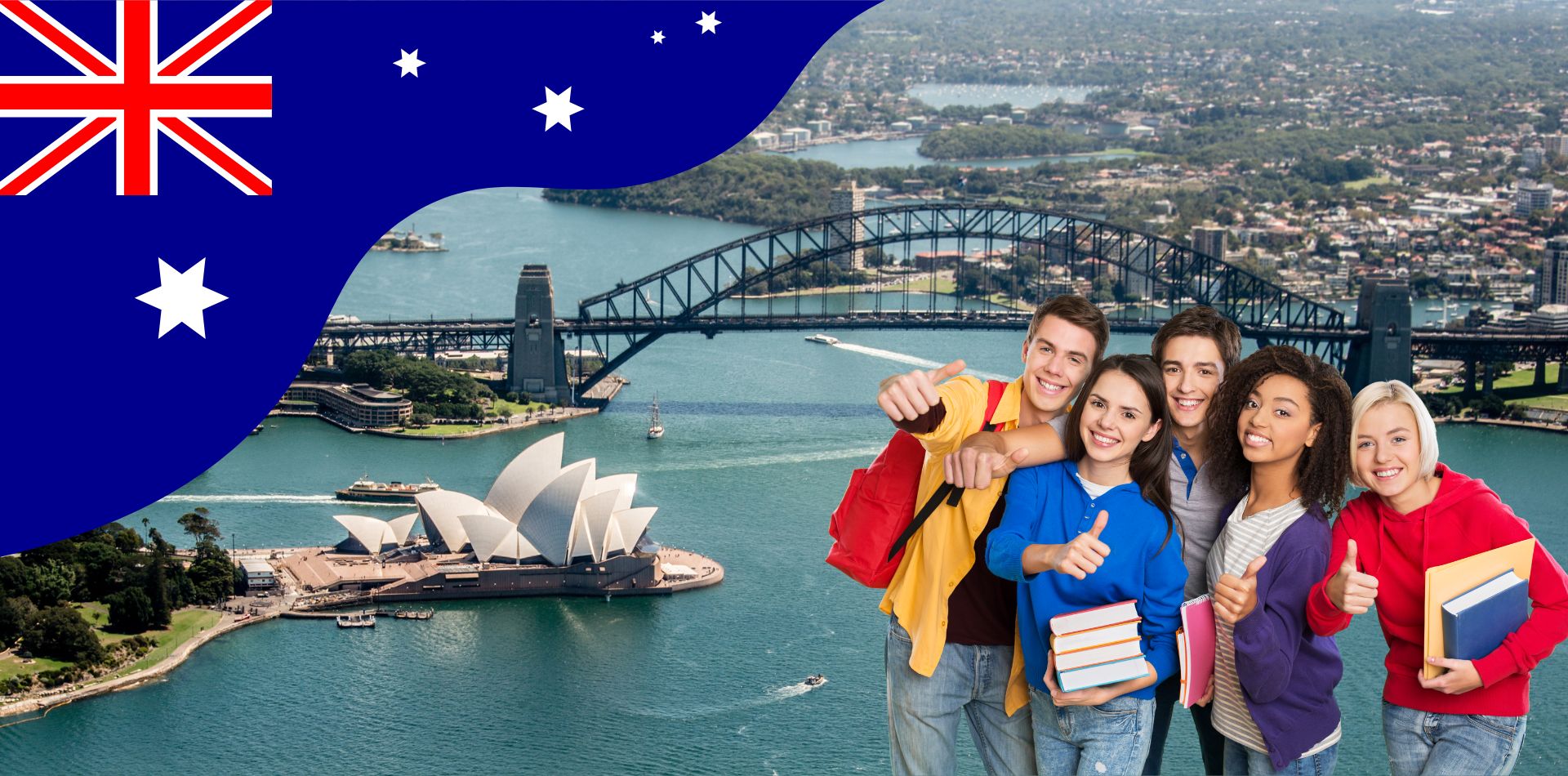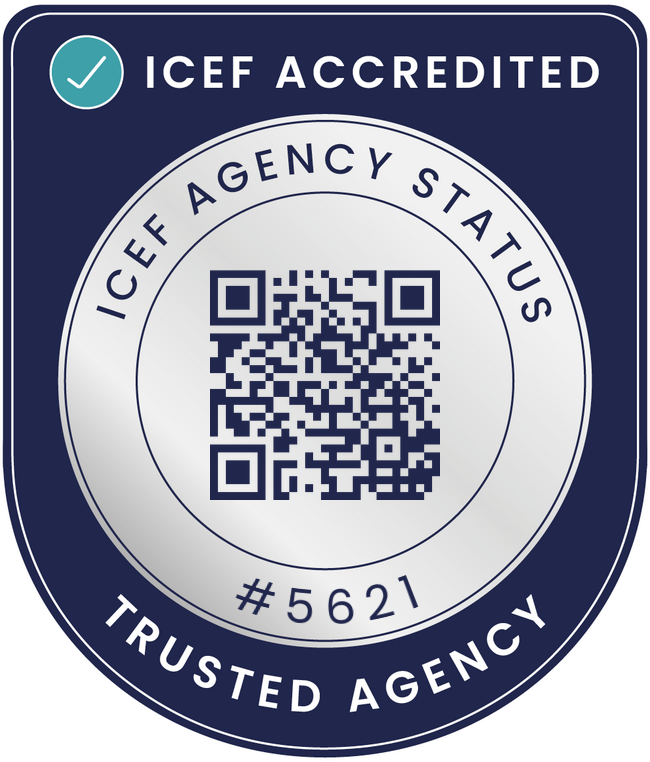Strengthening the Integrity and Sustainability of Australia’s International Education Sector

Strengthening the Integrity and Sustainability of Australia’s International Education Sector
The Albanese Government is taking significant steps to ensure the long-term sustainability and integrity of Australia’s international education sector. As global education becomes increasingly competitive, maintaining a robust and credible system is essential. This new approach, announced on August 27, 2024, focuses on managing the number of international students entering the country while supporting the recovery of the sector post-pandemic.
Government’s New Initiative: National Planning Level (NPL)
One of the major highlights of this initiative is the introduction of a National Planning Level (NPL) for international student commencements starting in 2025. The NPL sets a cap of 270,000 new international students per calendar year, a number that is divided between higher education and vocational education and training (VET) sectors. This measure is designed to bring the number of new international student commencements back to pre-pandemic levels, ensuring a stable and manageable growth trajectory for the sector.
The Albanese Government’s goal is to create a sustainable international education system that not only meets the needs of international students but also maintains its social license within Australia. This managed approach is critical for maintaining the balance between growth and integrity in the sector.
Higher Education Sector: Managed Growth Approach
In the higher education sector, the managed growth approach is set to bring about 145,000 new international student commencements in 2025. This number reflects the 2023 levels, ensuring that growth is sustainable and does not place undue pressure on resources. Additionally, this approach will help universities that have been disproportionately affected by the pandemic by stabilizing student numbers and supporting their recovery.
Publicly funded universities will play a crucial role in this initiative, with the introduction of the International Student Profile (ISP). Each university has been provided with its indicative ISP, which outlines individual limits and considerations based on factors such as recent levels of new international student commencements and the concentration of international enrollments in their onshore student cohorts.
From 2026 onwards, the Albanese Government will encourage universities to invest in new student housing. This will benefit both domestic and international students, contributing to a more balanced and sustainable future growth model.
Vocational Education and Training (VET): A New Era of Integrity and Opportunity
The VET sector is also a key focus of the Albanese Government’s reforms. In 2025, the managed approach will allow for around 95,000 new VET international student commencements. However, providers with a higher ratio of international students will receive a lower allocation, encouraging them to diversify their student base and reduce over-reliance on international enrollments.
These changes are expected to improve the integrity of the VET sector and enhance the overall international student experience. By providing more opportunities for international students to train alongside their Australian counterparts, the government aims to create a more integrated and collaborative education environment.
Exemptions and Future Plans
It’s important to note that not all international students will be included in the NPL. Exemptions apply to students sponsored by the Australian Government, those in transnational education arrangements, twinning arrangements, key partner foreign government scholarship holders, and students from specific regions such as the Pacific and Timor-Leste. These exemptions ensure that Australia’s international education system remains accessible to students from diverse backgrounds and circumstances.
Looking ahead to 2026 and beyond, the Albanese Government is committed to delivering sustainable growth in international student numbers. By focusing on integrity and sustainability, these reforms will position Australia as a leader in global education, attracting high-quality students while maintaining the sector’s credibility.
Conclusion: A New Chapter for International Education in Australia
The Albanese Government’s announcement marks a significant shift in how Australia manages its international education sector. With a clear focus on sustainability, integrity, and managed growth, these reforms will help ensure that Australia remains a top destination for international students. As the global education landscape continues to evolve, these measures will play a crucial role in maintaining the sector’s long-term success.
For providers, students, and stakeholders in the international education sector, these changes offer a clear path forward. By embracing these reforms, Australia’s education system can continue to thrive, providing world-class opportunities for students from around the globe.
QUICK LINKS
OUR SERVICES
















